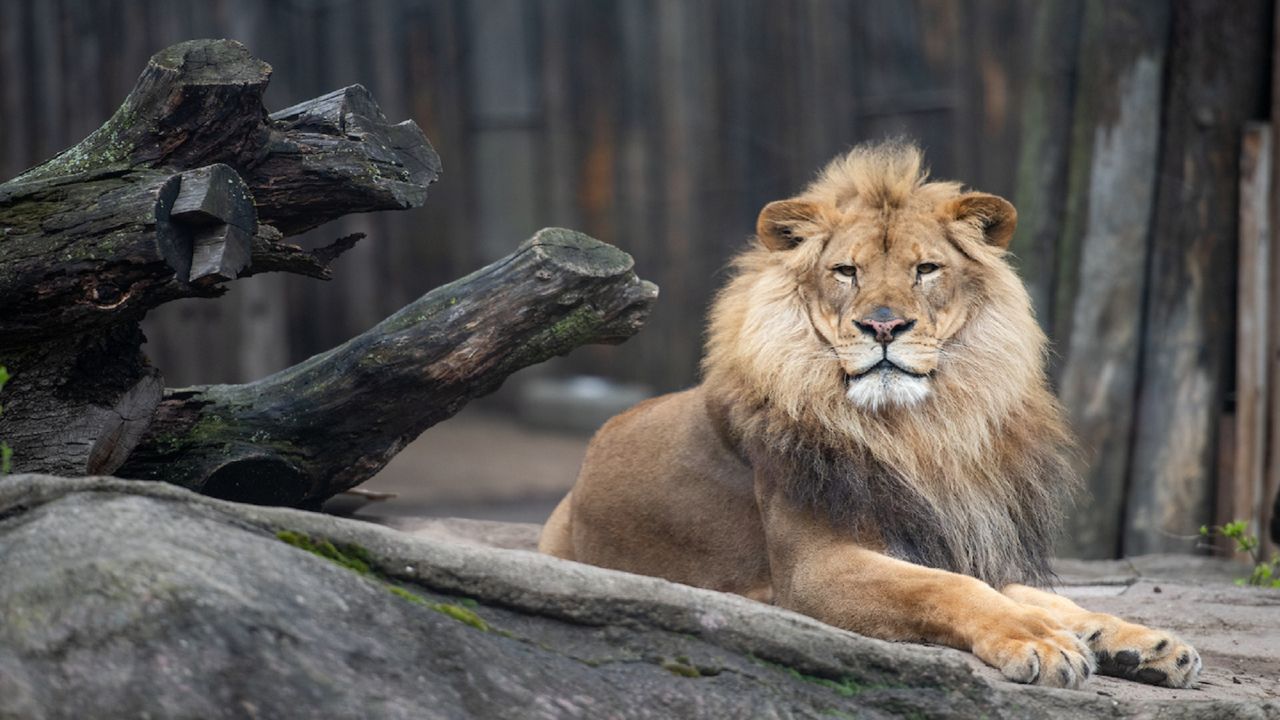CLEVELAND — Burned out Christmas lights can be a bummer, but there is an upside: the Cleveland Metroparks Zoo is recycling broken lights and extension cords to help protect lions and cheetahs.
From now until Jan. 31, 2021, you can take your unwanted lights and extension cords (without packaging) and drop them in the bins provided at the main entrance of the zoo at 3900 Wildlife Way in Cleveland.
You don’t need a ticket to the zoo to drop off lights and extension cords for recycling.
Broken lights and cords can also be recycled at the Cuyahoga County Solid Waste District, 4750 E. 131 St. in Garfield Heights.
To help big cats survive, the Cleveland zoo partnered with the Ruaha Carnivore Project, which was launched in 2009 by Oxford University’s Wildlife Research Conservation Unit
RCP's mission is to reduce conflicts between humans and big cats, and develop long-term conservation strategies for communities in Africa to coexist peacefully with the animals.
Funds raised from recycling the lights and cords help lions and cheetahs in Tanzania, in East Africa, whose populations have declined an estimated 40 percent in the past 20 years, zoo officials said.
In Africa, killing lions and cheetahs is not only legal, young men become lion hunters and are rewarded by their communities for killing the animals, RCP reports.
Lions sometimes attack and kill livestock, and villagers see the reciprocal killing as a badge of honor.
To protect the animals, RCP developed incentives that reward the African communities for practicing conservation.
A “Lion Defenders” model has been established, which is similar to a larger organization, Lion Guardians, which promotes co-existence with lions and cheetahs across Africa.
RCP’s defenders project has been successful in thwarting the “cultural killing” of lions in Africa, the group says. In culture killing, young men kill big cats to gain community status and wealth, in the form of cattle, for their families.
With RCP’s program, men can achieve those same benefits by practicing conservation, such as patrolling village land, retrieving lost livestock and stopping lion hunts.
Other incentive programs include:
• Kids 4 Cats, which provides local schools with basic supplies
• A health care program that offers the community much-needed medical supplies
• A veterinary program that provides treatment and medicine so fewer livestock is lost to disease.
RCP also works to reinforce livestock enclosures to help villagers keep their animals safe from lion attacks, and trains community members on effective ways to protect their herds.
The Cleveland zoo participates in several conservation projects for a variety of species throughout the year.
For more information, visit the Cleveland Metroparks Zoo’s website.



